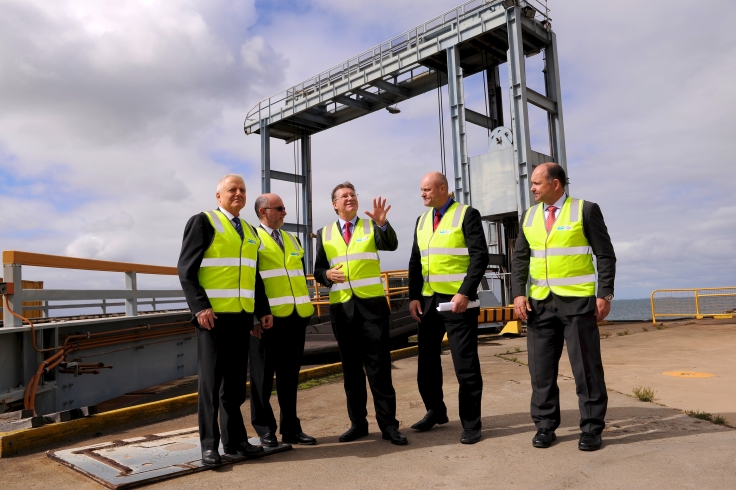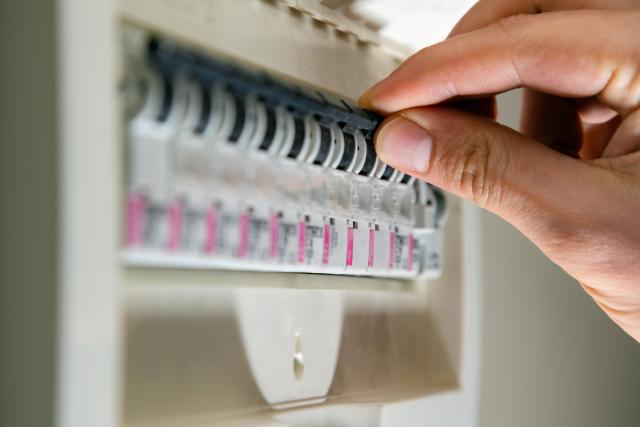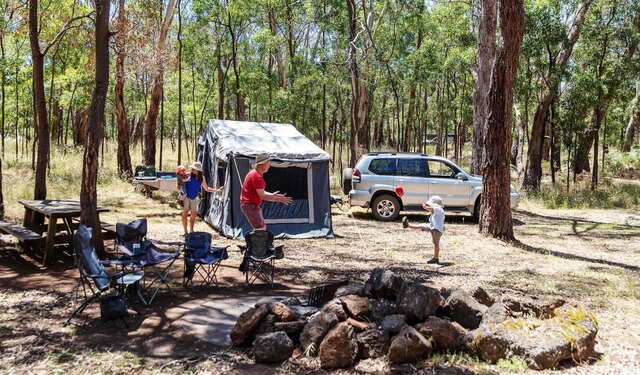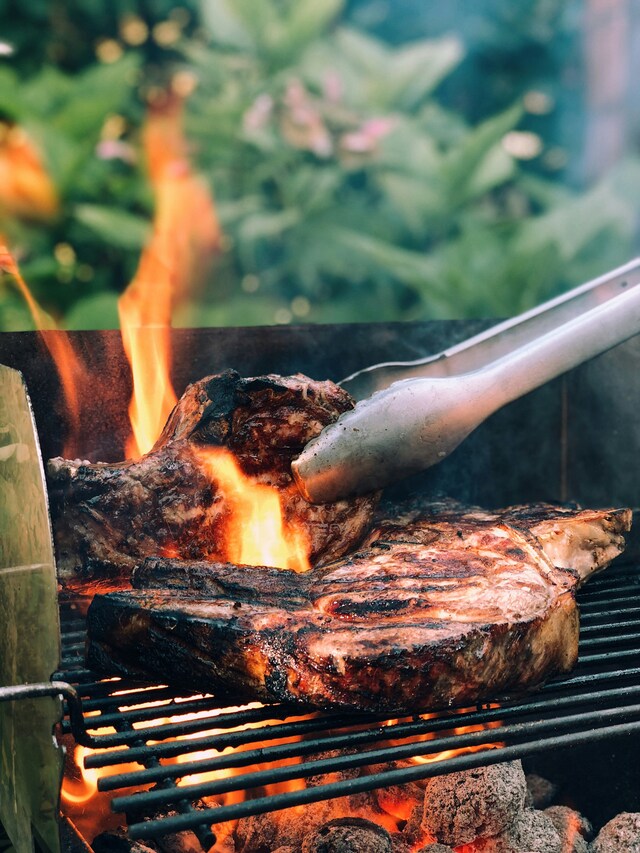THE state government is being urged to subject its major infrastructure projects to greater scrutiny after announcing an expansion to the Port of Hastings, despite growing support for a terminal near Werribee.
Premier Denis Napthine has all but ruled out building a new container port between Werribee and Point Wilson after setting aside $110 million over four years to examine options for Hastings and transport links south-east of Melbourne.
The Australian Logistics Council, which represents large freight companies including Toll, Asciano and Linfox, has joined the chorus calling for further consideration of a ‘bay west’ container port, citing proximity to airports, the standard gauge rail freight network and logistics centres in Truganina, Laverton and Geelong.
Avalon Airport, Wyndham and Geelong councils and local industry groups have previously called for greater consideration of a port in the west.
Dr Napthine defended the Hastings plan, saying it was an already functioning deep-water port while a location in the west would require massive dredging work.
The move was criticised by the opposition, which listed two of the government’s major projects – the Port of Hastings and the 18-kilometre east-west road link joining the Eastern Freeway with the Western Ring Road – as proof the Liberals were simply “picking a winner”.
Opposition treasury spokesman and Tarneit MP Tim Pallas renewed Labor’s pledge to create an independent body if it wins the election next November.
He said the opposition was confident that an independent advisory body, overseen by a board of public and private sector experts, would favour the bay west area for the state’s next port, and would cast doubt over the need for the $13 billion east-west link.
Mr Pallas said while Labor supported a second river crossing, the east-west link would come at the expense of upgrades to arterial roads and public transport in growth areas like Wyndham.
Western Metropolitan Liberal MP Andrew Elsbury said Labor’s failure to support the east-west link was a “kick in the guts” for the west. He said commuters understood the limitations of the West Gate Freeway and the need for a second river crossing “that does not finish at a dead end.”







